In this episode of the Smart Community Podcast, I have a great chat with Colin Dinner. Colin is a startup ecosystem specialist, company director with over twenty years’ experience working with high-growth technology-based companies and a startup coach and trainer, so I knew he was the right person to speak to about the role of startups and small businesses in the future of work in Smart Communities. Colin shares a bit about his background in startups in lots of different contexts, and why it’s important that Australia gets better at building an economy based on high value, knowledge-intensive jobs rather than just resources and agriculture. We discuss how Smart Companies contribute to not only Smart Communities but economically prosperous ones too, and some examples from places like Singapore where investing in young people’s knowledge to build Smarter Cities. Colin tells us about Startup Onramp, and what he’s observed during the program about innovation in regional Australia and the relative immaturity of Australia’s startup ecosystem. We talk about the myths and mindset challenges that stop people pursuing startup opportunities, as well as the absolute importance of validation when starting any venture. We finish our chat discussing the emerging trend of social entrepreneurship and why we need more than buzzword bingo in our understanding of emerging trends! As always, I hope you enjoy listening to this episode as much as I enjoyed making it.
Listen here:
What we cover in this episode:
- Colin’s background working in startups in lots of different contexts and his passion for helping people build businesses
- What sparked Colin’s interest in the startup space
- How and why startups, entrepreneurs and Smart Companies can help make communities Smarter and more prosperous
- How Australia can get better at building an economy based on high-value, knowledge-intensive jobs rather than just resources and agriculture
- An example from Singapore of investing in young people’s knowledge to build Smarter Cities
- The national trend towards startups and entrepreneurship
- About Startup Onramp
- What Colin has observed from running the program about innovation in regional Australia and the relative immaturity in Australia’s startup ecosystem
- The myths and mindset challenges that stop people from pursuing startup opportunities
- The important role of education in startup ecosystems and the need for validation
- The opportunities of collaboration and the dangers of integrating too early across different disciplines, startups, solo entrepreneurs, small business, governments and industries
- The emerging trend of social entrepreneurs and the downside to that
- Why we need more than buzzword bingo in our understanding of emerging trends
Quotes:
“There’s always going to be a role for population servicing businesses, whether it’s hairdressers or plumbers etc. But I think the economic prosperity of a city or region anywhere in Australia or anywhere in the world really relies on building knowledge intensive companies.”
“It’s obviously a very different landscape; if you’re comparing regional Australia with Singapore or Silicon Valley, it’s not a meaningful comparison. So a big part of what Startup Onramp does is provide training and mentoring programs to startup hubs across regional Australia.”
“I think people are realising that there’s only 24 hours in a day, and you can only sell certain number of them, whether it’s as an employee or contractor or consultant etc. And for people to get ahead, they really need to be thinking about how they can build an asset, something that they can monetize, that is not directly connected to how many hours they’re prepared to work.”
“The reality is that for almost all startups, you can do a whole lot while you’re still employed, and do it as a side hustle or something that you work on in your spare time.”
“The biggest reason that startups fail is that they build a product that nobody wants, or not enough people want for it to be a viable business…If we use the Pareto Principle and say, ‘Where do we get the 80/20 impact?” It’s probably on the basic question of how to test whether your idea is any good before you spend all your money!”
“If there’s a downside it’s probably that most people who start social enterprises or ‘profit for purpose’ type businesses, where they have a social or an impact agenda that’s driving them…Most of those people don’t have the resources to actually make it happen…Some of the most impactful social enterprises have learned a lot from for-profit startups as far as scalability and repeatability goes.”
“I think most people who wants to start businesses are best suited to starting small businesses. I’m certainly not an advocate of everyone [deciding to start] a global technology company, because they’re pretty hard and they’re not the sort of thing that that everyone can or should do.”
Links:
Singapore’s National Overseas Colleges Program
Gates Foundation and the 3IE group that assesses funding applications
Connect
Connect with Colin via LinkedIn or on Twitter @ColinKinner
Connect with me via email: hello@mysmart.community
Connect with My Smart Community via LinkedIn or Twitter and watch on YouTube
Podcast Production by Perk Digital
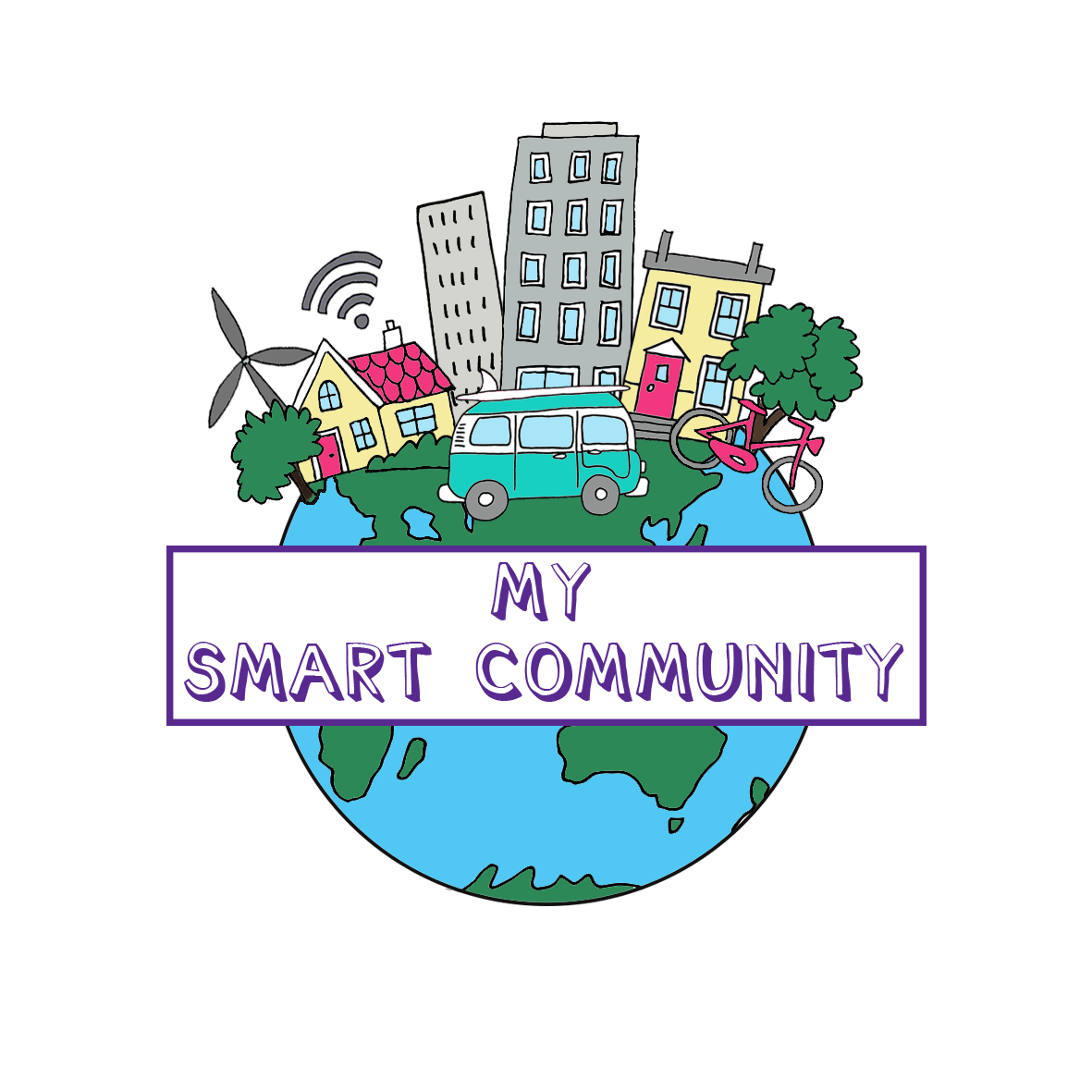
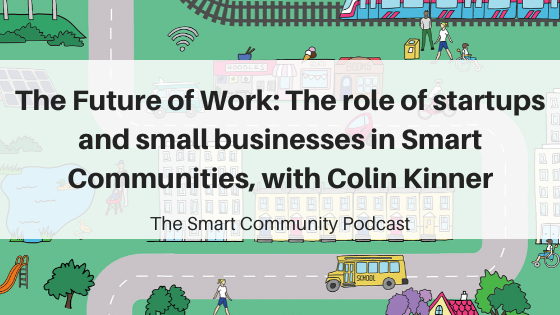
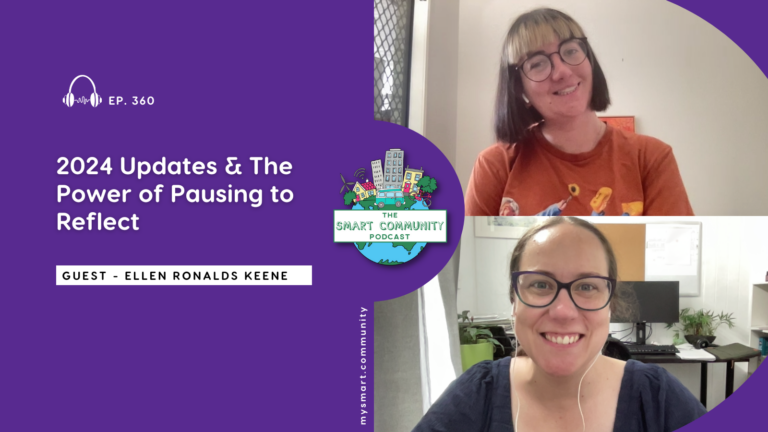
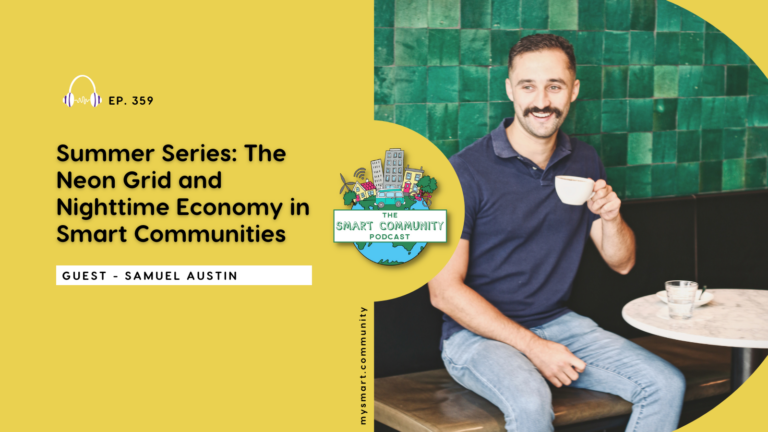
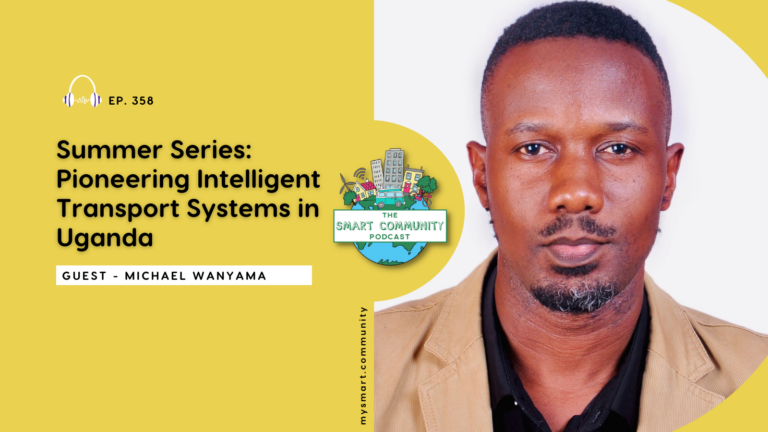

0 Comments